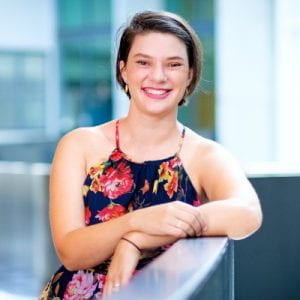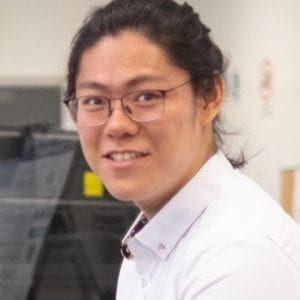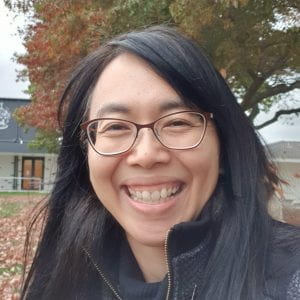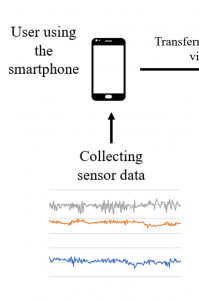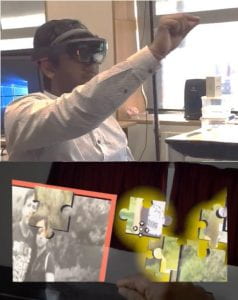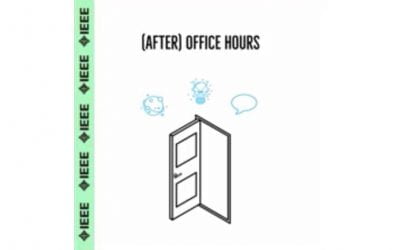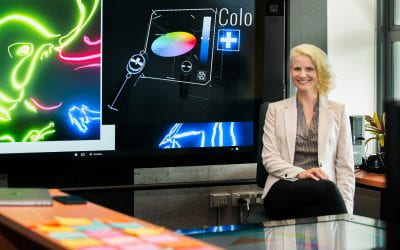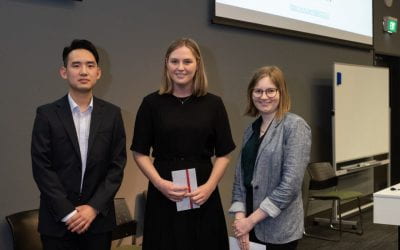About
OUR STORY & VISION
To design great software and devices, we have to understand the people using them. Lottridge’s group pursues this by prototyping new technologies, conducting experiments with people under laboratory conditions, and studying how people use tech in the real world.
The HCI Lab in the School of Computer Science was founded in 2008 and since then has been a centre for HCI research at the University of Auckland. The HCI Lab houses biometric equipment including various skin conductance sensors, eye tracking and a 20 channel EEG cap; interactive surfaces including a wall size display and table top; AR/VR headsets with combined inputs such as depth and radar sensors. In its early years, the HCI Lab grew with award-winning research on tangibles and sketching by Dr. Beryl Plimmer, with collaboration and support from Microsoft. The HCI Lab continues to engage closely with industry collaborators: Lottridge conducted several research projects with Yahoo and currently works with Google and local NZ video game companies including ARA Journeys. Lottridge conducts research in AR/VR serious games and multitasking, which won a CHI honourable mention award. Weber recently won a CHI best paper for research on gaze-controlled interaction and also focuses documents and modelling.
Dr Danielle Lottridge’s HCI Research Group @ The HCI Lab
Current

Placeholder Name Here | Other Info Here

Placeholder Name Here | Other Info Here

Placeholder Name Here | Other Info Here

Placeholder Name Here | Other Info Here

Placeholder Name Here | Other Info Here

Placeholder Name Here | Other Info Here
Jessica Lorelei Villegas (Honours)
Emily Liu (Honours)
Alumni

Jacinda Murphy | Masters
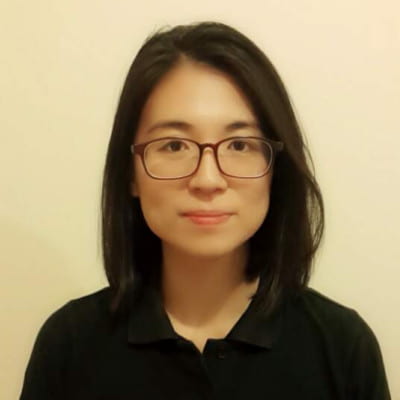
Gayoung Lee | Masters Info Tech

Yuchen Deng | Masters Info Tech
Qin Wu | PhD (with AHLab)

Placeholder Name Here | Other Info Here

Placeholder Name Here | Other Info Here
Jacky Kim (Honours, 2025)
Melissa Sieu (Honours, 2025)
Siyeon Kim (Honours, 2025)
Sophie Park (Honours, 2025)
Maxine Yang (Honours, 2025)
Ethan Chester (Honours, 2025)
JD Briones (Honours, 2024)
Liam Gerritsen (Honours, 2024)
Benjamin Kelly-Young (Honours, 2024)
Amanda Huang (Honours, 2024)
Jason Xavier (Honours, 2024)
Avinaash Krishnan (Honours, 2024)
Emily Liu (Honours, 2023)
Jessica Lorelei Villegas (Honours, 2023)
Howard Jiang (Honours, 2023)
Meixuan Li (Honours, 2023)
Maya Gibson (Honours, 2022)
Lance Zhang (Honours, 2022)
Dylan Jung (Honours, 2022)
Luxman Jeyarajah (Honours, 2022)
Wayne Yao (Honours, 2022)
Scott Ferguson (Honours, 2022)
Aaron Song (Honours, 2022)
James You (Honours, 2022)
Songyan Teng (Honours, 2022)
Daniel Adams (Honours, 2021)
Shih-Hao (Sam) Chen (Honours, 2021)
Laura Huijser (Honours, 2021)
Denise Jarry (Honours, 2021)
Jenna Kumar (Honours, 2021)
Francis Lee (Honours, 2021)
Eva-Rae McLean (Honours, 2021)
Charles Paterson (Honours, 2021)
Justin Rojos (Honours, 2021)
Hazel Williams (Honours, 2021)
Zian (Annie) Xu (Honours, 2021)
Wiliam Li (Honours, 2020)
Liam Caldwell (Honours, 2020)
Raghav Garg (Honours, 2020)
George McErlean (Honours, 2020)
Vanessa Ciputra (Honours, 2020)
Allen Nian (Honours, 2020)
Jiaqiu Zhao (Honours, 2020)
Guangya Zhu (Honours, 2020)
Rowan Hart (Honours, 2020)
Vincent Tunnell (Honours, 2020)
Madeleine Beagley (Honours, 2019)
Emilie Pearce (Honours, 2019)
Rebekah Berriman (Honours, 2019)
Tina Chen (Honours, 2019)
Lucas Sherlock (Honours, 2019)
Sijie Zhuo (Honours, 2019)
Jessica Alcantara (Honours, 2019)
Holly Hagenson (Honours, 2019)
Dion Balmforth (Honours, 2019)
Liam Brand (Honours, 2019)
Dylan Boyd (Honours, 2018)
Warren Yeu (Honours, 2018)
Gillon Manalastas (Honours, 2018)
Alex Yoo (Honours, 2018)
Karim Cisse (Honours, 2018)
Aprajit Gandhi (Honours, 2018)
William Chao (Honours, 2018)
Leighton Jonker (Honours, 2018)
Samule Li (Honours, 2018)
Harry Lim (Honours, 2018)
Research
Research Approach
There are two sets of goals in Lottridge’s research. First is basic science: To observe casual relationships of how machines affect us. Second is applying those insights to develop new technologies that support health and productivity. This research reveals what’s happening at precisely the moments of contact between human and machine, drawing on the fields of human computer interaction and human factors engineering to better understand who we are today and to design the technologies of tomorrow.
Supporting Mental Health
People today spend so much time on mobile phones and other computing devices, to understand people today we have to understand the technologies shaping our lives. One thread of research studies multitasking and how our cognitive control is affected by our digital behaviour and environment. Another thread is using smartphone sensor data to predict distraction. A third thread is on using technology to support mental health counselling and therapy—this research is recipient of the 2020 Ember Wellbeing Trust.
XR for Rehabilitation
We are working on transformative applications of AR/VR for stroke rehabilitation, dementia, and physical activity. Lottridge’s group is combining elements of art and dance/movement therapy with embodied, creative interactions in virtual environments. We are collaborating with the Māori-owned game company ARA Journeys to codesign cross device applications that engage families in exercise rehabilitation.
User Experience (UX)
Lottridge trains students in the latest industry methods for ideation, usability testing, statistical analysis of user analytics. Lottridge spent several years in industry conducting research on digital products include Yahoo News, Tumblr and the teen videochat app Cabana which was featured by the Apple App Store as “New apps we love”. Lottridge engages with her colleagues at companies including Facebook and Google to keep abreast of the latest industry practices.
Selected Publications
Marylyn Alex, Burkhard Wünsche, and Danielle Lottridge. (2021). Virtual reality art-making for stroke rehabilitation: Field study and technology probe. International Journal of Human-Computer Studies, 145, 102481.
Frank Bentley, Kathleen O’Neill, Katie Quehl, and Danielle Lottridge. 2020. Exploring the Quality, Efficiency, and Representative Nature of Responses Across Multiple Survey Panels. In Proceedings of the 2020 CHI Conference on Human Factors in Computing Systems (CHI ’20). Association for Computing Machinery, New York, NY, USA, 1–12. DOI:https://doi.org/10.1145/3313831.3376671
Shyamli Sindhwani, Christof Lutteroth, and Gerald Weber. 2019. ReType: Quick Text Editing with Keyboard and Gaze. In Proceedings of the 2019 CHI Conference on Human Factors in Computing Systems (CHI ’19). Association for Computing Machinery, New York, NY, USA, Paper 203, 1–13. DOI:https://doi.org/10.1145/3290605.3300433 CHI Best Paper Award
Danielle Lottridge, Nazanin Andalibi, Joy Kim, and Jofish Kaye. 2019. “Giving a little ‘ayyy, I feel ya’ to someone’s personal post”: Performing Support on Social Media. Proceedings of the ACM on Human-Computer Interaction, 3(CSCW), 1-22.
Paul Denny, Fiona McDonald, Ruth Empson, Philip Kelly, and Andrew Petersen. 2018. Empirical Support for a Causal Relationship Between Gamification and Learning Outcomes. In Proceedings of the 2018 CHI Conference on Human Factors in Computing Systems (CHI ’18). Association for Computing Machinery, New York, NY, USA, Paper 311, 1–13. DOI:https://doi.org/10.1145/3173574.3173885 CHI Honorable Mention Award
Minhyang (Mia) Suh, Frank Bentley, and Danielle Lottridge. 2018. “It’s Kind of Boring Looking at Just the Face”: How Teens Multitask During Mobile Videochat. Proc. ACM Hum.-Comput. Interact. 2, CSCW, Article 167 (November 2018), 23 pages. DOI:https://doi.org/10.1145/3274436
Danielle Lottridge, Frank Bentley, Matt Wheeler, Jason Lee, Janet Cheung, Katherine Ong, and Cristy Rowley. 2017. Third-wave livestreaming: teens’ long form selfie. In Proceedings of the 19th International Conference on Human-Computer Interaction with Mobile Devices and Services (MobileHCI ’17). Association for Computing Machinery, New York, NY, USA, Article 20, 1–12. DOI:https://doi.org/10.1145/3098279.3098540
Danielle Lottridge, Christine Rosakranse, Catherine S. Oh, Sean J. Westwood, Katherine A. Baldoni, Abrey S. Mann, and Clifford I. Nass. 2015. The Effects of Chronic Multitasking on Analytical Writing. In Proceedings of the 33rd Annual ACM Conference on Human Factors in Computing Systems (CHI ’15). Association for Computing Machinery, New York, NY, USA, 2967–2970. DOI:https://doi.org/10.1145/2702123.2702367 CHI Honorable Mention Award
News
(After) Office Hours
Danielle Lottridge is featured in the UoA IEEE Student Branch podcast, (After) Office Hours, where they discuss society's expectations for students, her experience working in Silicon Valley, ice cream and more! Listen to it here!
Innovative Faculty projects attract health funding
Could we use new drugs to replace ventilators which damage the lungs in critically ill patients? Could co-design and augmented reality be the answer to motivating older adults to exercise for stroke rehabilitation? These questions are being addressed through three...
Honours students win award!
Industry Judges Award Winner for Best Project in “Games in Education 2” to Madeleine Beagley and Emilie Pearce for their Virtual reality art-making game for patients with stroke related disabilities!
Join Us
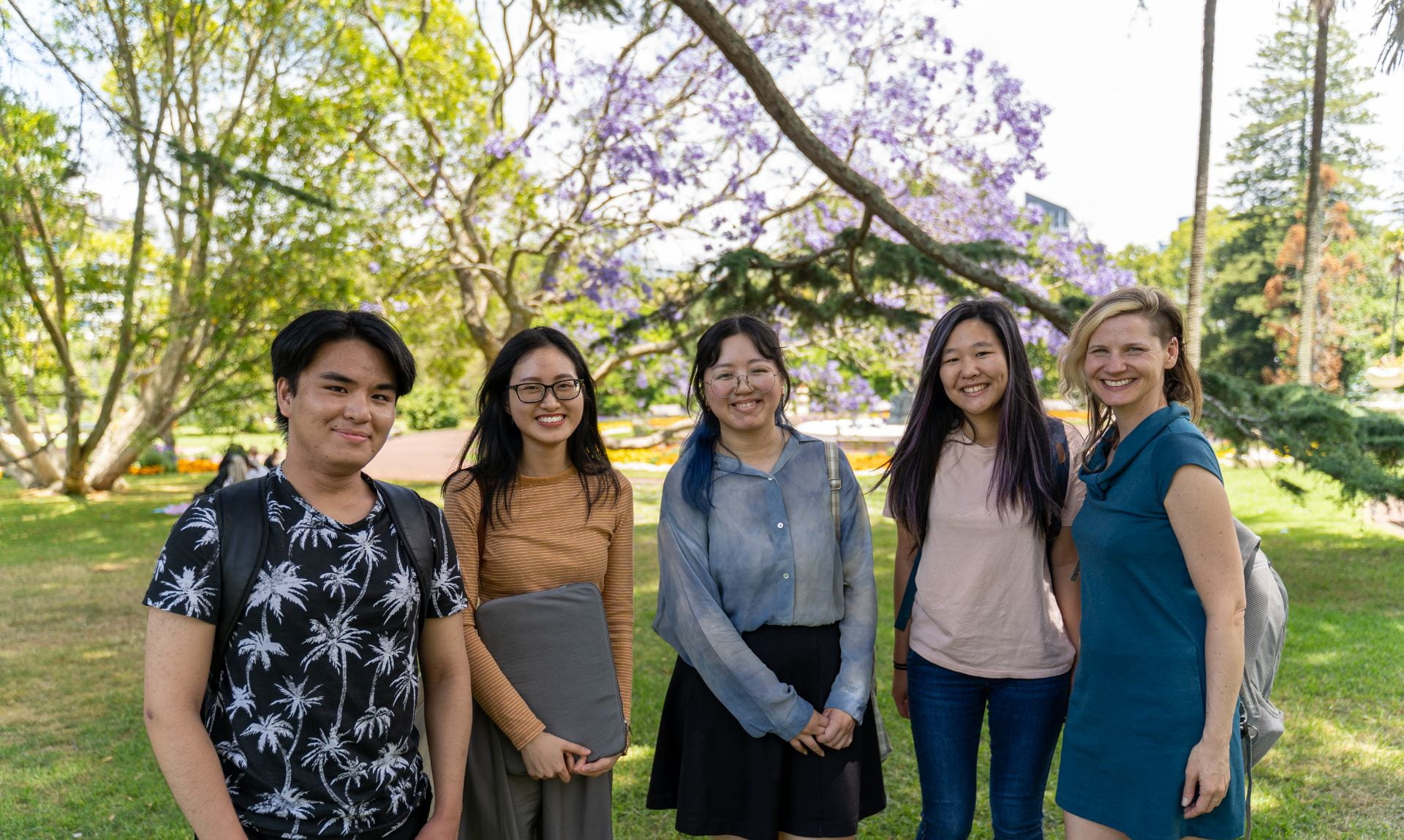
We are always looking for talented students at the School of Computer Science at the University of Auckland and are proud to offer a range of study options.
> Postgraduate Application Guide
> Doctoral Application Guide
> Postgraduate Scholarships
> Summer Research Scholarships
Contact Us
Send us a Message
Find Us
The HCI LAB
City Campus 303-521
Level 5, 38 Princes Street
Auckland CBD, Auckland 1010




